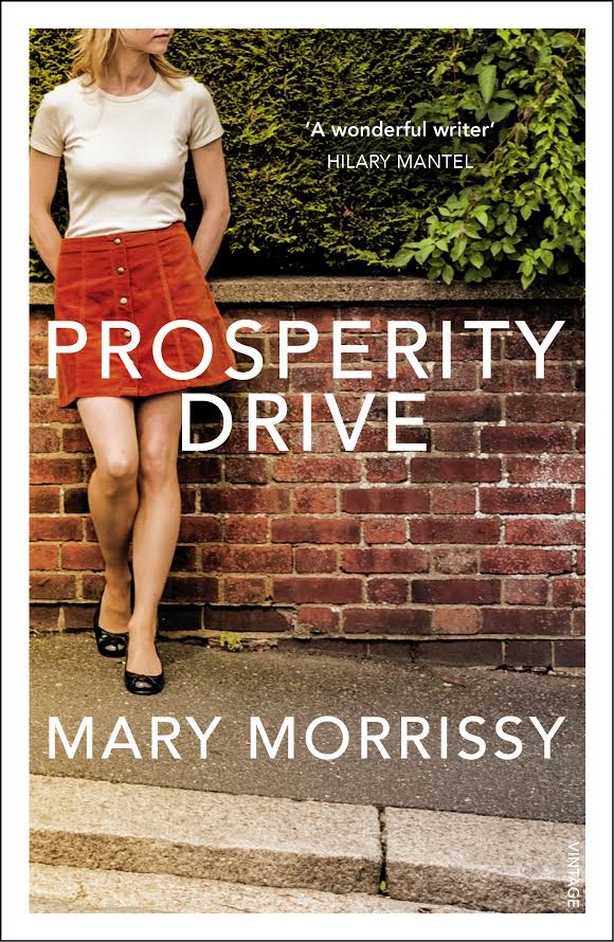A bundle of stories about the denizens of a fictional Dublin street known as Prosperity Drive charts the life and times of the Elworthy family, their secrets and lies and those too of their neighbours across the generations.
In The Scream, the first story of the ambitious construction that is Mary Morrissy’s Prosperity Drive, Edel Elworthy, the elderly mother of the piece has fallen at the top of the stairs. Norah is the daughter downstairs eating a meal, slow to run up and put her back in bed. As she lies incapacitated, the mother believes that this abandonment is subtle revenge for the fact that as a young mother she herself was tardy about running to the two Elworthy girls - Trish is the younger sister - when they cried in bed.
The story begins to shift back towards a 1960s childhood, towards memories of the father Victor and his almost spooky ability to calm Norah’s tears and tantrums – that is when he and his daughter are left alone to deal with the fleeting crisis. Is something much more sinister in the relationship being suggested here? This reviewer was very much inclined to think it was, though he almost flinched from the possibility.

In the second story, The Gender of Cars, whose action also takes place in the 1960s, we meet Norah sitting astride the bonnet of a black Austin. Time has moved on, a few years anyway, and the car sits neglected in the garage since the death of Norah’s dad from cancer. Morrissy has an ability to get meaning across in sharp, pithy sentences, such as the following: The beloved car is like a temple, some male essence of her father enshrined in it.
Tensions between mother and daughter continue, and Victor's absence leaves a sense of desultory vacancy around the house. Her mother’s grief is too threatening. Norah feels it is her duty to guard against disintegration. As in many of the other stories (or should that be chapters?) in this often thrilling 276-page work, Morrissy proves an astute, no-holds-barred observer of her characters’ complex psychological states.
Lot’s Wife is a decidedly disturbing story about an ex-seminarian who later becomes a New York-based swimming coach. He has picked the job deliberately, being drawn to young girls, although without ever initiating anything by way of predatory contact. In the course of the tale, Morrissy draws a link with disturbing encounters which the young man experienced throughout one summer as a boy. These encounters begin on the day, he encountered a deranged old woman, well-known for eccentricity, in the locality.
In sum, Morrissy goes behind lace curtains and class pretensions to find the truth of what is going on and report it with particular vividness. Her writing instrument is a kind of scalpel, peeling away soft tissue, unerring in its portrayal of ambitious, competitive women, and dodgy, unreliable or just plain lecherous males. While her creatures are given all due respect and are by no means caricature, as grown-up adults they can look pitiful, even infantile, despite the allowances we are perhaps meant to make for them. Excellent work.
Paddy Kehoe

